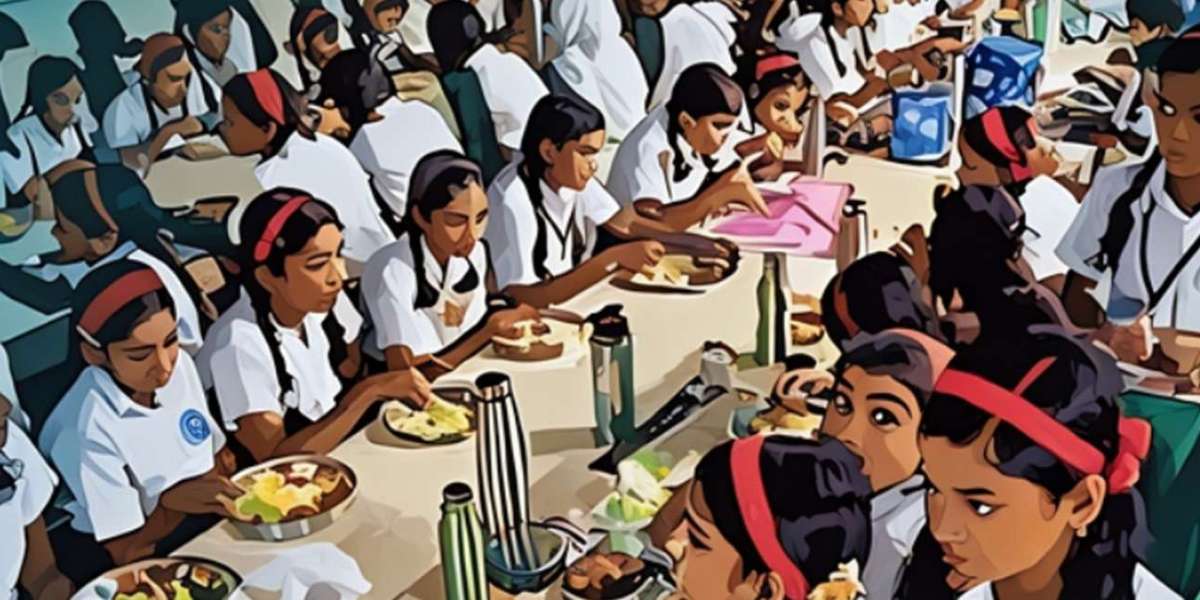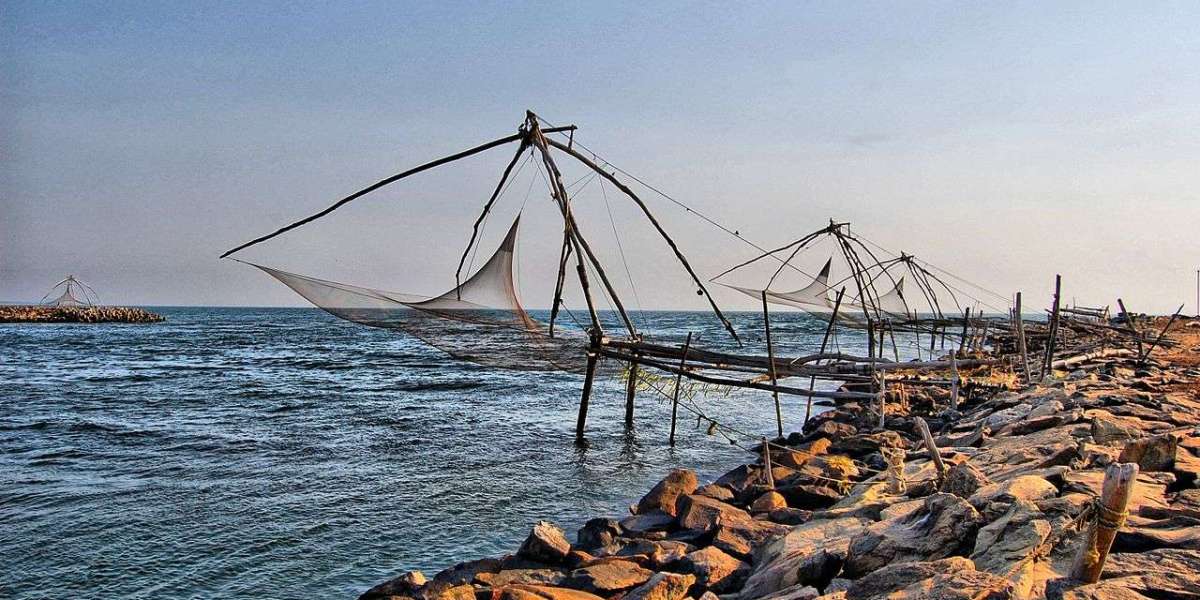In Kerala, the Directorate of Public Instruction (DPI) has long been a beacon of progress in school education, not just through academic excellence, but through its deep-rooted commitment to child welfare. A shining example of this commitment is the successful implementation of the Mid-Day Meal Scheme and other nutritional support programmes, ensuring that no child is left hungry in classrooms across the state.
A Meal for Every Child
The Mid-Day Meal Scheme under DPI provides hot, nutritious meals to students in government and aided schools every school day. This initiative, covering children from pre-primary to upper primary levels, goes beyond being a welfare scheme - it is a cornerstone of equitable education. The DPI ensures that the meals served meet prescribed nutritional standards, with regular monitoring at the school and block levels. From rice and vegetables to iron-fortified foods, the meals are thoughtfully designed to combat classroom hunger and support physical and cognitive development.
Kerala was one of the first states to implement decentralised cooking, empowering School Parent-Teacher Associations and local bodies to oversee meal preparation. This grassroots involvement has improved the quality, hygiene, and community ownership of the programme.
Beyond Midday: Holistic Nutritional Support
Recognising that nutrition is foundational to learning, DPI has introduced several complementary programmes. The Balamrutham initiative provides fortified health drinks and snacks to pre-primary children in selected schools. In collaboration with the Health and Social Welfare Departments, deworming drives, micronutrient supplementation, and school health check-ups are regularly conducted, ensuring that children’s nutritional needs are addressed comprehensively.
Special attention is also given to children with disabilities, tribal students, and those in remote or coastal regions. Tailored interventions like home-delivered meals during school holidays, or nutrition kits during emergencies (like the COVID-19 lockdown), have helped maintain continuity in child nutrition support.
Impact on Education and Equity
The results of DPI’s sustained efforts are clearly visible. The Mid-Day Meal and nutrition programmes have significantly contributed to improved school attendance, reduced dropout rates, and better classroom engagement. For many children from low-income families, the school lunch is the most reliable meal of the day - acting as a powerful incentive for parents to send their children to school.
Moreover, these programmes have a ripple effect on gender equity and social inclusion. By easing the burden of feeding children during the day, it indirectly supports girls’ education and reduces the household workload for mothers. The meals served in a common dining space also help break social barriers, promoting inclusiveness and equality among children from diverse backgrounds.
Sustaining the Momentum
The Directorate of Public Instruction continues to innovate and improve the quality of its nutrition programmes through digital monitoring tools, periodic feedback, and local partnerships. As Kerala strides forward on its educational journey, DPI’s commitment to nourishing every child’s body and mind remains unwavering.
In classrooms where no child is hungry, the dream of universal education becomes a reality. Through its well-implemented nutrition programmes, DPI is not just feeding students - it is feeding hope, health, and a better future for Kerala’s children







